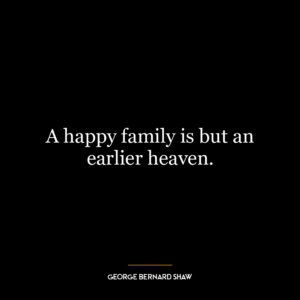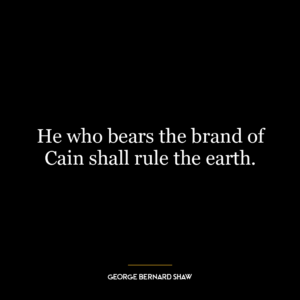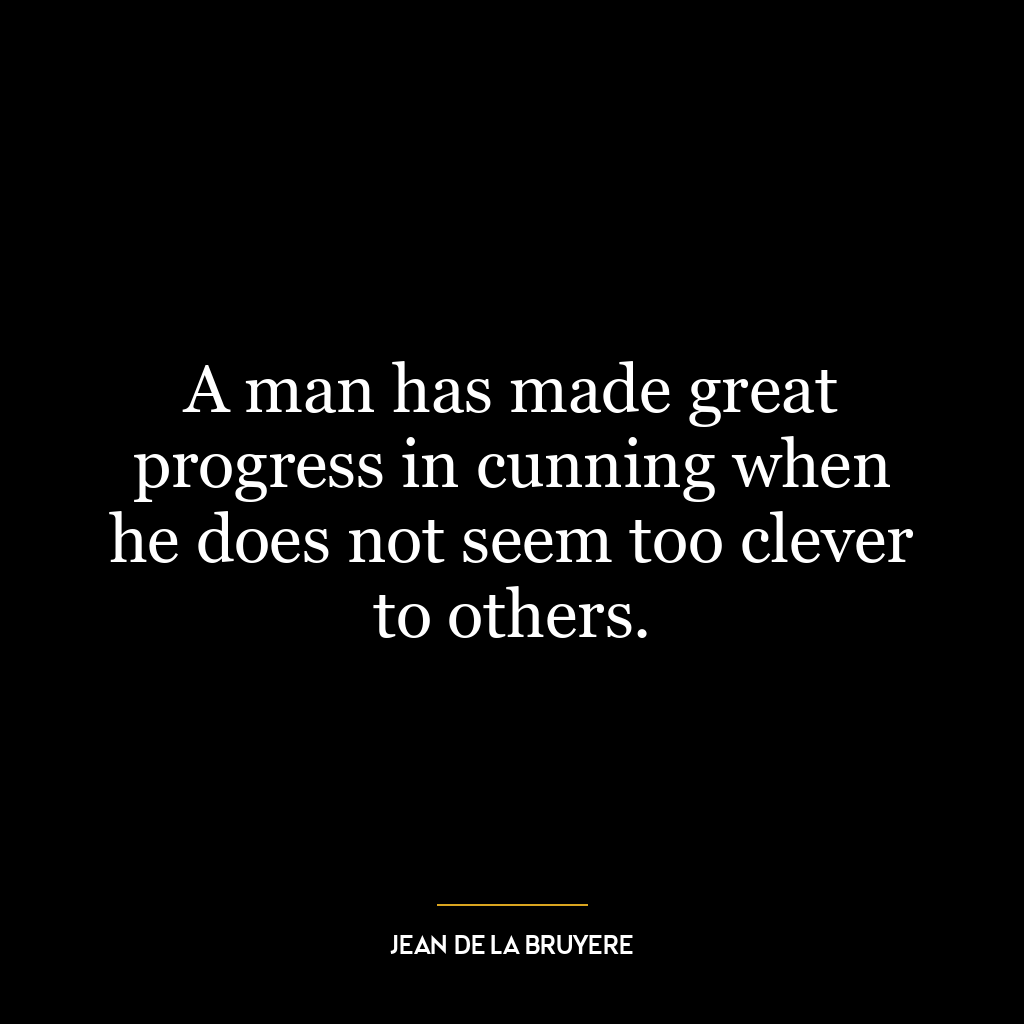This quote implies that the surface of civilization, which is often characterized by politeness, decorum and kindness, can sometimes be a deceptive veneer or facade.Beneath this seemingly kind exterior,there might be actions or behaviors that are unkind or cruel. The ‘veneer’ here refers to the superficial layer of kindness that masks these unkind acts.
In essence, Shaw is suggesting that we often sugarcoat our harsh actions with polite words and kind gestures to make them more socially acceptable. This not only allows us to maintain an image of civility but also helps in justifying our actions both to ourselves and others.
Applying this concept in today’s world could involve looking at various societal norms and practices. As an example,consider corporate layoffs where employees are let go with appreciative speeches about their contributions but ultimately they still lose their jobs. Or consider diplomatic negotiations where nations might use courteous language while pursuing aggressive policies.
In terms of personal development, understanding this idea can definitely help us become more authentic individuals. It encourages introspection about whether we’re merely putting on a ‘kind’ front while harbouring unkind intentions or actions beneath it. Recognizing such behavior allows us to address it and strive for genuine kindness rather than a mere veneer of it.
Moreover,being aware of this concept can improve our interpersonal relationships as well – by making us more discerning about people’s intentions behind their kind words or deeds; helping us differentiate between genuine kindness and manipulative behaviour disguised as kindness; encouraging empathy towards those who may be victims of such veiled unkindness; promoting open interaction instead of sugar-coated conversations etc.












